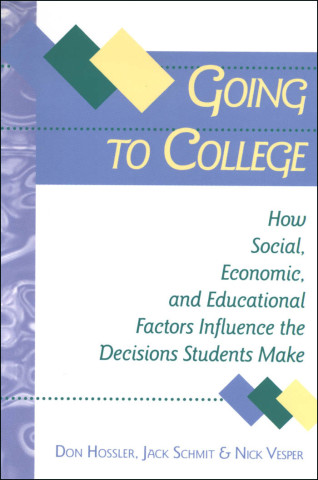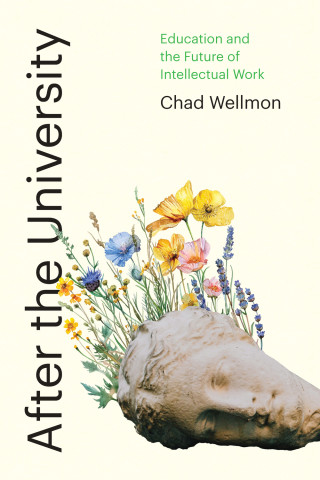
Reviews
A thorough critique of the past four decades of higher education assistance programs... A brave attempt to reconcile the progressive zeal for access and the conservative pressure for academic accountability.
Compelling arguments about how changes in the federal student aid programs since the 1970s have restricted access to higher education because of the tilt towards assisting the middle class.
Essential reading for anyone who wants to understand the barriers that keep academically qualified students out of college. Indeed, it will become one of the most widely read and discussed books dealing with college finance. St. John establishes that finances present substantial barriers that keep low-income students out of college, and he fundamentally changes the debate over how those barriers should be overcome.
Occasionally, a work appears that is nothing less than mandatory reading for those who claim any interest in American higher education. Edward St. John's is one such work.
St. John makes a compelling case that the current system of student financial aid is not designed to adequately serve the needs of low-income students, thanks in no small measure to recent educational reforms. His framework for taking academic preparation into account when discussing access makes excellent sense. The overall scope and passionate arguments of the book, though wide-ranging and somewhat complicated, are welcome additions to the policy arena that tends toward the dry and over-simplified.
With his extensive experience and expertise, Edward St. John offers a significant contribution in our understanding of the role of financial aid policy in accessing higher education over the past decades. Beyond the economics of education, the author discusses financial aid within the context of social responsibility and justice.
Makes an important contribution to the struggle for fairness and justice in providing access to higher education. It is a very sophisticated and thoughtful piece of public policy work.
This book stands out from others like it by uniquely adopting and utilizing a useful conceptual framework—Rawls' theory of justice—to understand student financial aid policy. With its attention to equity, opportunity, and efficiency, this framework will be especially compelling to those interested in using research to influence public policy.
Book Details
Introduction
Part I. Understanding the Access Challenge Finding Justice in Public Finance
Rethinking Assumptions
Assessing the Effects of Policy
The 1970s: Equalizing Educational Opportunity
The 1980s
Introduction
Part I. Understanding the Access Challenge Finding Justice in Public Finance
Rethinking Assumptions
Assessing the Effects of Policy
The 1970s: Equalizing Educational Opportunity
The 1980s: Middles Class Assistance
The 1990s: Justice for Taxpayers?
The New Inequality
Part II. Meeting the Access Challenge The Role of Finances
A Contingency Approach to Refinancing
Improving Access and Equalizing Opportunity
Appendix: Trends in Finances and Outcomes






